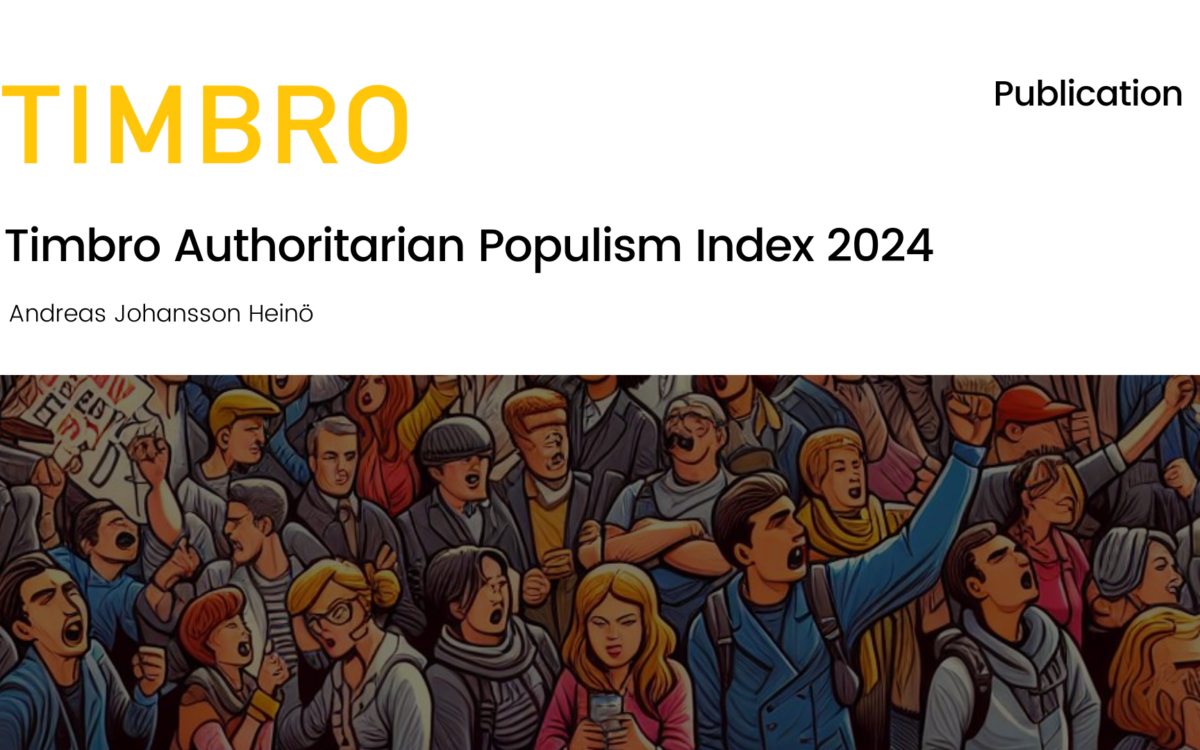Model Behaviour: How Economists Can Shape the Post-lockdown Word

Model Behaviour: How Economists Can Shape the Post-lockdown Word
14 May 2020
The seminal work on epidemiological models was carried out in the late 1920s and early 1930s. The models have developed substantially since then, but their key drivers are still essentially those discovered nearly a century ago.
Epidemiological models do have real scientific value. But any forecast made with them must rely on assumptions about the way in which people behave. A crucial one is the extent to which people who are susceptible to any given infectious disease mix socially with people who are already infected. The greater the mixing, the more people who will catch the disease.
Epidemiology is about the process by which a disease spreads, for any given set of behaviours. It is not about understanding how behaviour might be changed so that it is different in the future to the past.
Economists, along with other social scientists, have expertise in analysing how people change their behaviour when either incentives change or the set of information which they have changes.
Economists have been conspicuous by their absence from the policy debate over the easing and ultimate ending of lockdown. Yet whether a second wave of Covid-19 occurs, for example, depends crucially on assumptions which are made about how people will behave. Economists should become much more active in this area.
Download or share this publication
View the PDF
EPICENTER publications and contributions from our member think tanks are designed to promote the discussion of economic issues and the role of markets in solving economic and social problems. As with all EPICENTER publications, the views expressed here are those of the author and not EPICENTER or its member think tanks (which have no corporate view).



